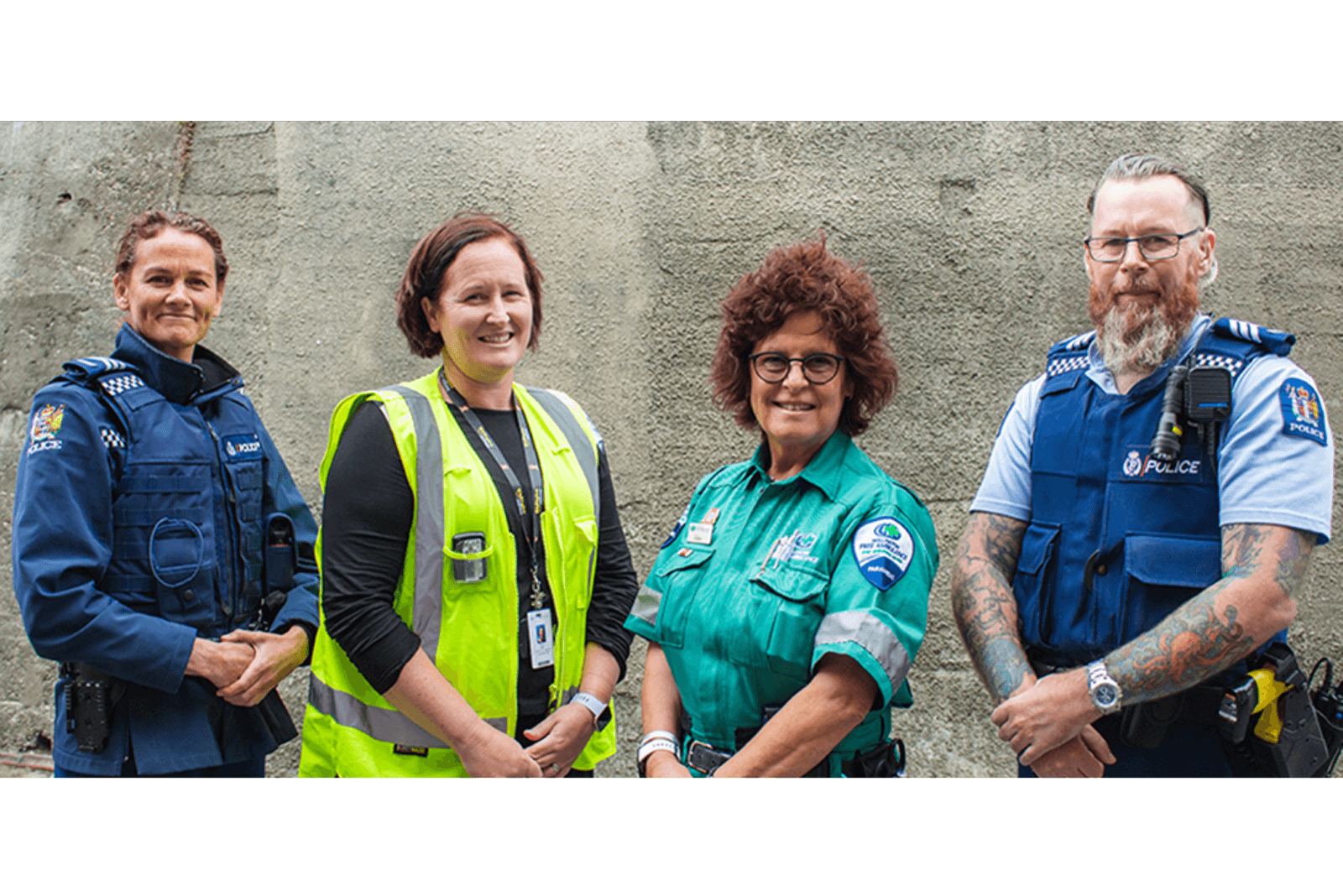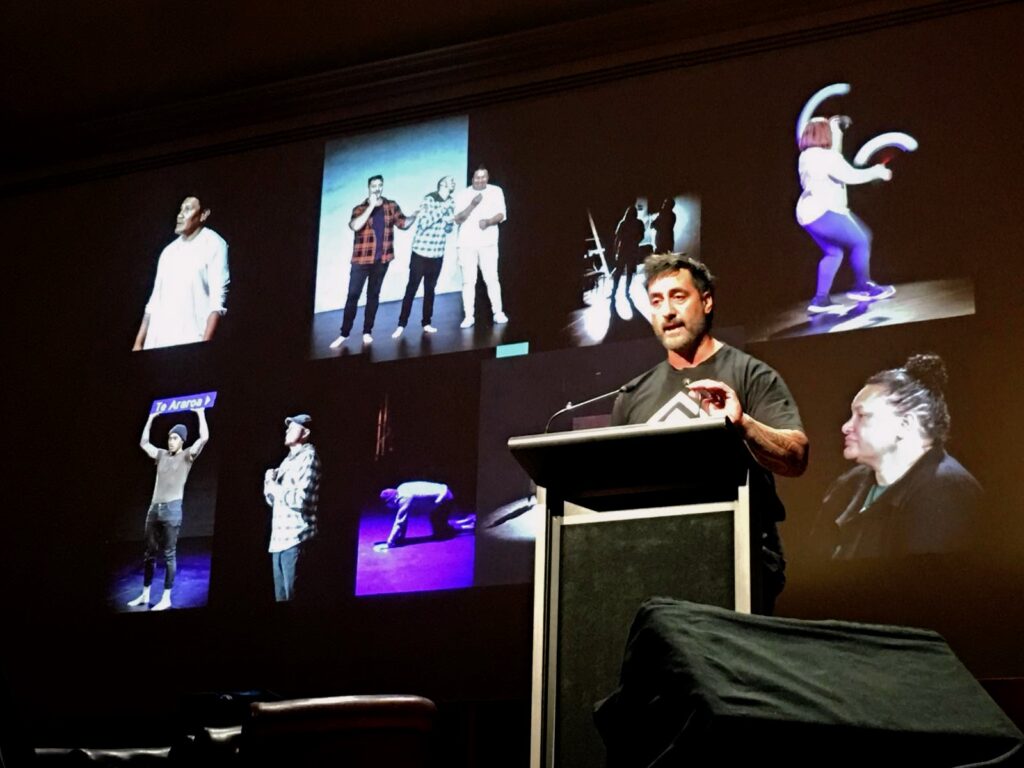Multi-Agency Mental Health Co-Response Team: Police, ambulance and mental health services co-attending 111 mental health calls.
Published:
July 31, 2024

The CRT enables people presenting in mental health distress to receive the most appropriate response in the right setting for their needs, having a holistic approach improves their outcomes. There are also benefits for each agency as they work closely together to ensure the best outcome for people in our communities.
In essence the CRT works in three main areas:
(i) Response – responding to mental health events that come through either Police or Ambulance systems,
(ii) Response support – providing support to either other frontline staff or respective emergency communications centres,
(iii) Prevention / liaison / consultation work – providing co-ordination of care for persons in distress, this can be for anyone but mostly comes about for high needs consumers. The team works a lot with Community Mental Health Teams (of any type) helping them with the care of persons in distress.
The CRT has a number of outcomes it looks to achieve in its daily work, but its key ones are:
– On scene wraparound care for persons in distress and their whānau.
– A Health focused approach which reduces the use of arbitrary Police mental health powers or arrest at mental health events.
– Linking people in with their own support networks and community teams, reducing transports to emergency departments.
An independent review undertaken by Otago University concluded:
The CRT pilot commenced in March 2020 in the Wellington Police District and was assessed over the following 12 months. The pilot’s purpose was to test a new way of supporting mentally distressed people coming to the attention of Police or ambulance services via emergency 111 calls. The CRT involved ‘colocated’ staff from three agencies, Wellington District Police, mental health services, and the Wellington Free Ambulance, who were jointly deployed to respond to emergency mental health situations, or who provided advise to other frontline staff.
While CRT models have been in operation overseas, this proof-of concept pilot was the first time a CRT had been tested in New Zealand, so there was considerable interest in whether the model would translate to the local context. Through the triangulation of data from multiple different sources, the evaluation shone a light on a highperforming team and strong leadership.
The CRT attracted resoundingly positive satisfaction ratings from stakeholders. Many CRT users and their whānau commented that the CRT was far superior compared with their previous experiences of crisis mental health responses. Staff and managers reported that the CRT led to better understanding between the three agencies. People in distress received appropriate, high-quality care and the use of ED resources was significantly reduced.
The pilot enabled participating agencies to develop increased trust in one another and confidence in the mental health response. In conclusion, the independent evaluation found the CRT pilot to be a success. We strongly recommend the service be continued and that other districts across New Zealand look to adopting similar models.
Every-Palmer S, Kuehl S, Kim A (2021). Wellington Mental Health Co-Response Team Evaluation. University of Otago, Wellington
Email: Matt Morris – Police; Lauren Swan – DHB MHAIDS; Jec Sanders – Wellington Free Ambulance


